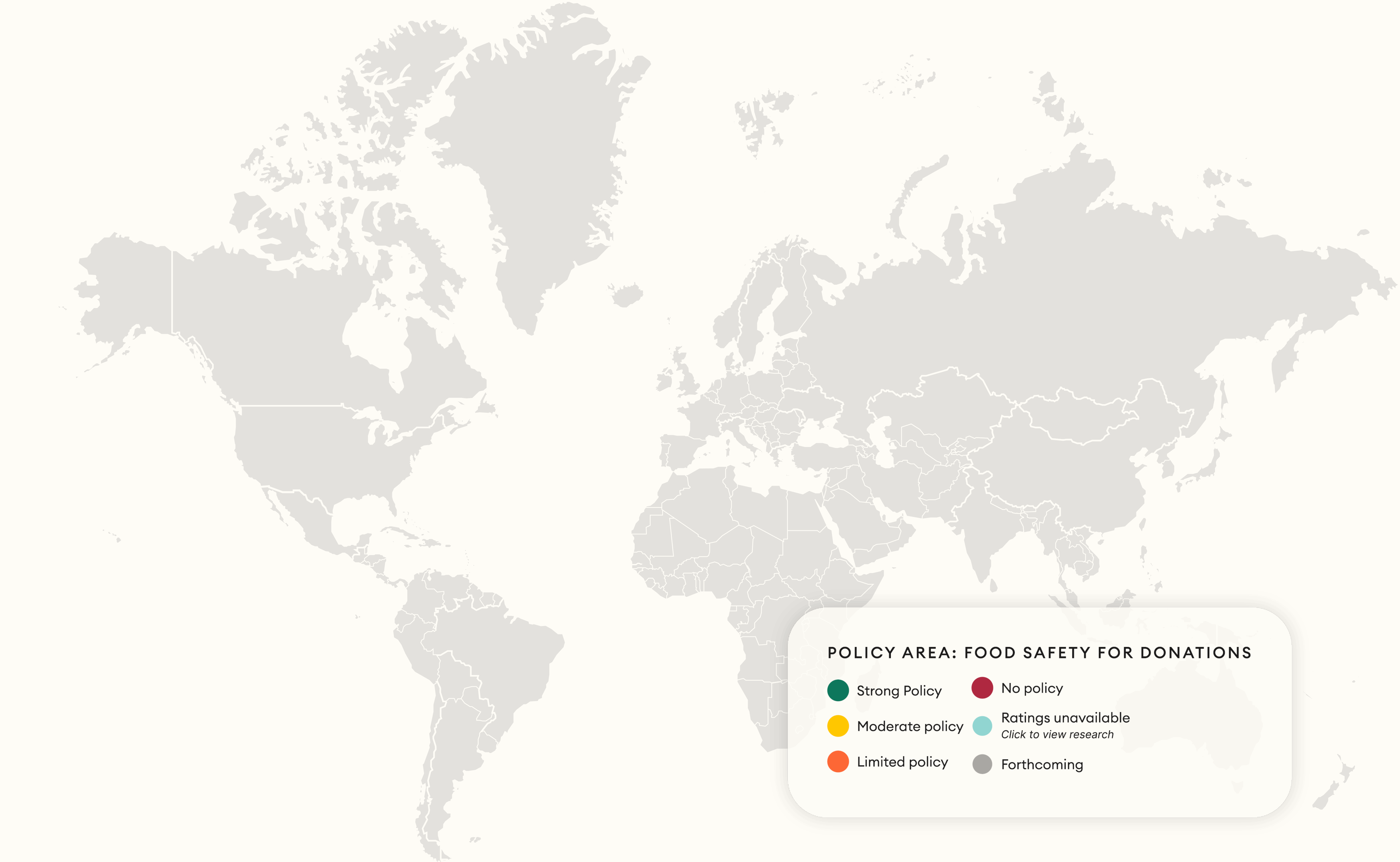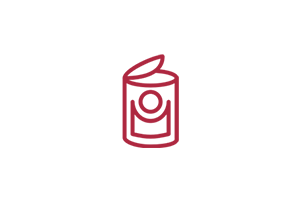Chile: Policy Highlights and Opportunities
Reports suggest more than half of the food produced in Chile is lost or wasted each year. Meanwhile, prior to the COVID-19 pandemic, an estimated 13.6% of the population was food insecure. The Chilean government has responded to these complex food system issues, creating a National Committee for the Prevention of Food Losses and Waste and adopting progressive nutrition legislation in recent years.
Atlas Research: Chile
Policy Highlights
Chile research was published in March 2021 and was made possible with the advice and support of our on-site partners, including Red de Alimentos.
Policy Opportunities and Recommendations




